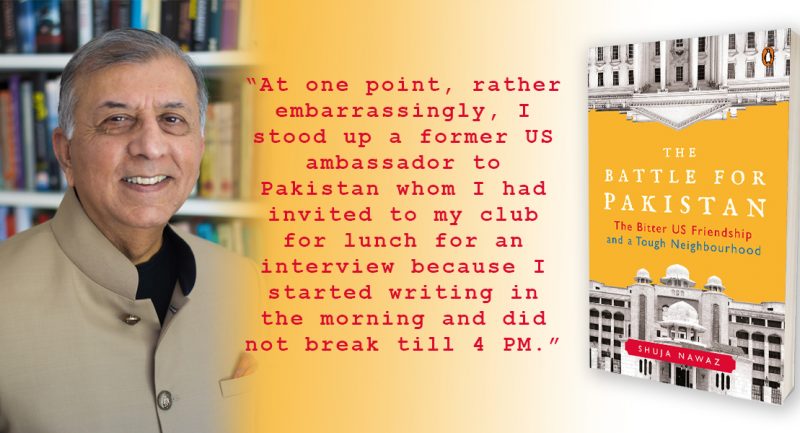
A riveting account of a clandestine station in 1942 that broadcast recorded messages from Gandhi and other prominent leaders to devoted followers of the freedom struggle while moving from location to location to dodge authorities, reporting on events from Chittagong to Jamshedpur fighting the propaganda and disinformation of the colonial government for nearly three months—until their arrest and imprisonment in November of the same years. Here’s a book that follows the extraordinary story of Usha Mehta and her intrepid co-conspirators who filled Indian airwaves with the heady zeal of rebellion.
**
In Ushaben’s words:
‘The die was cast. The patriotic urge moved the people to challenge the authority of the government in all conceivable ways. Sometime before the Quit India struggle started, some of my colleagues and I were thinking of what to do in case the movement was launched, because it was our hearts’ desire to contribute our humble might to the freedom movement. Demonstrations and public meetings did not appeal to us much from the very beginning. During the Dandi Satyagraha, some of my friends and I had done the work of distributing the illegal Congress bulletins by going from house to house. Now we began discussing how best we could contribute to the Quit India struggle. Babubhai Khakar, a businessman and a co-student in the rashtra bhasha (national language) class, joined us in the discussion. Based on my study of the history of revolutions in other countries of the world, I suggested that if we could establish a radio station of our own, it would help us very much in keeping the people informed about the latest developments in the movement. A perusal of the history of the campaigns had convinced us that a transmitter of our own was perhaps the need of the hour. When the press is gagged and news banned, a transmitter helps a good deal in acquainting the public with the events that occur. We had realized the tremendous propaganda value of a transmitter, and the idea that with a powerful transmitter we could reach foreign countries thrilled us. So, Babubhai, I and other colleagues decided to work for a Freedom Radio.

‘We began discussing ways and means for raising the necessary finances. Most of us were students and young individuals who had not yet settled in life. We discussed for many long hours but could not find a solution. Our only income then was the pocket money we used to receive from our parents and that was hardly adequate for financing our project. Just when we were on the point of dispersing in a dejected mood, my old aunt who was a widow and one who had participated in earlier freedom struggles and who was listening to our discussion from the adjoining room came out along with Manu, a close relative, with a box in her hands, and boosted up our morale by saying, “Children, do not worry. Here is my stree dhan, the box containing my jewellery gifted to me at the time of my marriage, which I have preserved all these years with great care. You sell it and use the money for your work.” When we hesitated, she said, “I am not sorry to part with my jewellery. What better use could I make of it than by putting it as an offering at the feet of Mother India?”
**
Usha Thakkar brings to life this high-voltage tale of derring-do, complete with stouthearted revolutionaries, thrilling escapes and a cruel betrayal in her new book Congress Radio: Usha Mehta and the Underground Radio Station of 1942.








